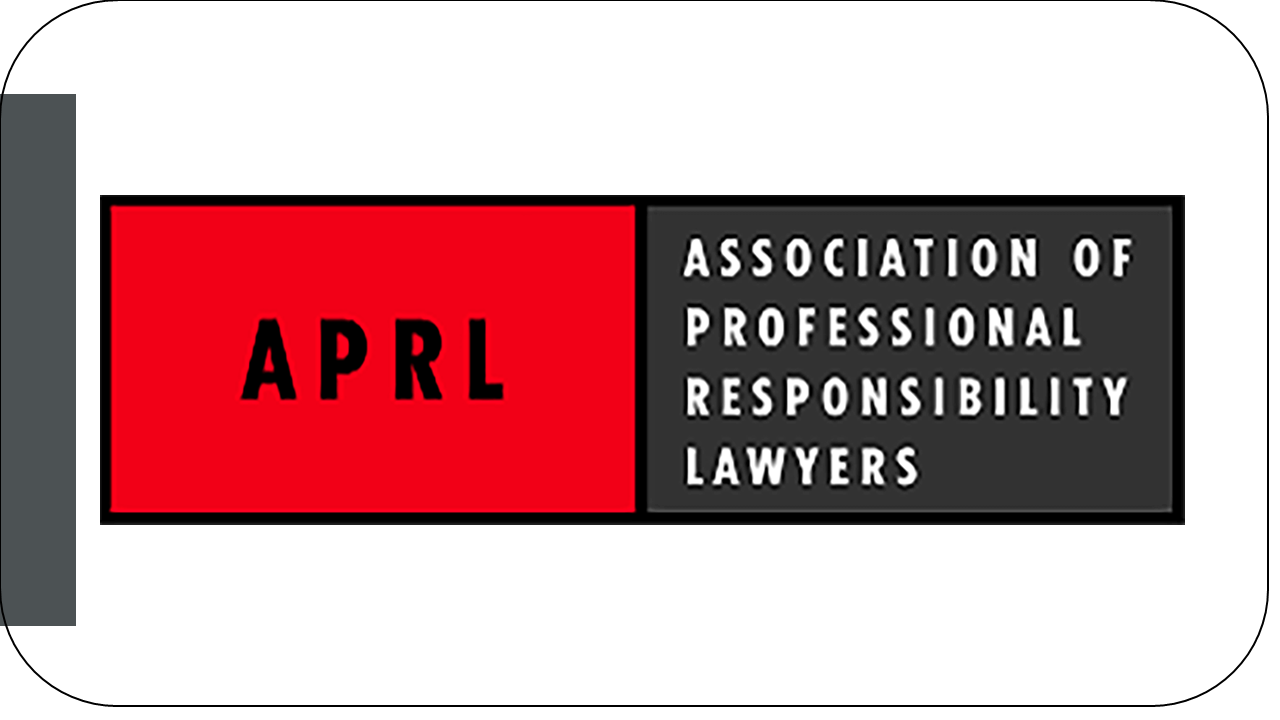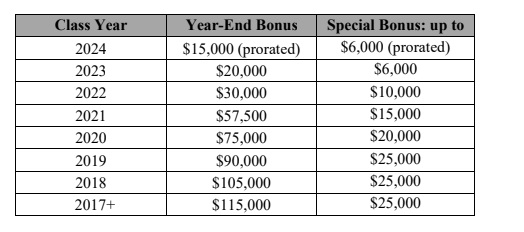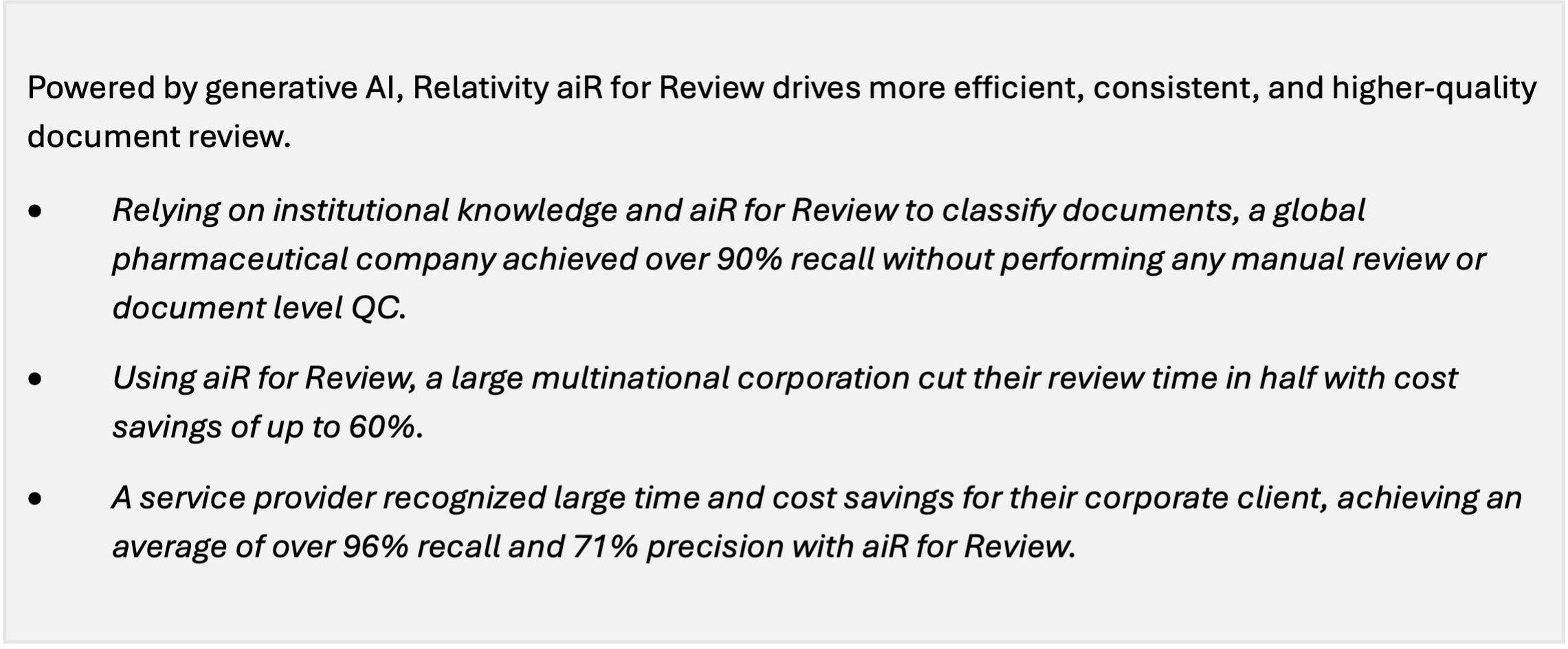
Saying
there
is
a
critical
need
for
changes
to
the
ethics
rule,
the
Association
of
Professional
Responsibility
Lawyers
has
submitted
a
letter
to
the
president
of
the
American
Bar
Association
urging
significant
revisions
to
Model
Rule
5.4,
the
long-standing
prohibition
on
lawyers
sharing
fees
with
non-lawyers.
The
Dec.
12
letter
conveys
a
report
written
by
APRL’s
Future
of
Lawyering
Subcommittee
which
calls
for
reforms
to
accommodate
the
evolving
legal
market
while
maintaining
ethical
safeguards
that
protect
clients.
The
letter
was
sent
to
ABA
President
William
R.
Bay
by
San
Francisco
lawyer
Kendra
L.
Basner,
APRL’s
current
president.
In
the
report,
APRL,
a
national
organization
of
over
450
legal
professionals
focused
on
ethics
and
professional
responsibility,
argues
that
the
existing
rule
hinders
innovation
and
restricts
access
to
justice.
Its
proposed
revisions
aim
to
strike
a
balance
between
enabling
lawyers
to
collaborate
with
non-lawyers
and
ensuring
professional
independence.
“We
face
a
new
set
of
challenges
that
require
a
different
approach,”
Basner
wrote
in
her
letter,
quoting
Bay’s
own
statement,
delivered
during
the
2024
ABA
annual
meeting,
on
the
legal
profession’s
need
for
change.
“APRL
believes
that
there
is
a
critical
need
for
changes
to
this
ethics
rule
to
address
the
continued,
inevitable
involvement
of
non-lawyers
in
legal
delivery
systems
while
maintaining
regulations
that
protect
consumers,”
Basner
wrote.
Key
Proposed
Changes
APRL’s
proposed
revisions
to
Rule
5.4
would
allow
lawyers
to
share
fees
with
non-lawyers
under
specific
conditions.
They
include:
-
Maintaining
professional
judgment.
Lawyers
would
be
required
to
retain
independent
professional
judgment,
as
is
already
required
by
existing
Rule
2.1. -
Supervision
of
non-lawyers.
Lawyers
would
be
required
to
supervise
non-lawyer
contributions
in
compliance
with
Rule
5.3. -
Reasonable
fees.
Shared
fees
would
be
required
to
remain
reasonable,
adhering
to
Rule
1.5
standards. -
Client
consent.
Lawyers
would
be
required
to
obtain
client
consent,
in
writing,
when
sharing
fees
with
external
non-lawyer
entities.
The
APRL
report
acknowledges
developments
regarding
the
regulation
and
licensing
of
alternative
business
structures
in
Arizona,
Utah
and
Washington,
which
have
tested
similar
reforms
with
promising
results.
APRL
says
its
proposal
provides
flexibility
for
states
to
adopt
jurisdiction-specific
registration
requirements.
Growing
Calls
for
Change
The
ban
on
sharing
fees
with
non-lawyers,
enshrined
in
the
ABA’s
Model
Rule
5.4
since
1983,
was
originally
intended
to
protect
lawyer
independence.
However,
APRL’s
report
traces
the
rule’s
roots
to
outdated
concerns
over
unauthorized
practice
of
law
and
economic
competition
dating
back
to
the
19th
century.
Despite
the
persistence
of
Rule
5.4,
exceptions
to
it
already
exist,
the
report
notes,
such
as
profit-sharing
with
non-lawyer
employees
and
fee-sharing
with
nonprofits
Critics
of
the
prohibition
argue
that
it
stifles
innovation
in
legal
service
delivery.
APRL
cites
examples
like
the
now-defunct
Avvo
Legal
Services
platform,
which
state
bar
ethics
opinions
condemned
under
fee-sharing
restrictions
despite
the
platform’s
success
in
connecting
consumers
with
affordable
lawyers.
“These
ethics
opinions
relied
primarily
on
the
theory
that
by
sharing
fees
with
a
nonlawyer
(Avvo),
the
arrangement
jeopardized
the
lawyers’
ability
to
exercise
their
independent
professional
judgment
in
advising
and
representing
their
clients,”
the
report
says.
“No
known
data
supports
this
assumption.”
The
Sky
Has
Not
Fallen
APRL’s
report
points
to
jurisdictions
that
have
relaxed
fee-sharing
restrictions
without
experiencing
adverse
effects.
Key
examples
include:
-
Washington,
D.C.
Non-lawyer
ownership
in
law
firms
has
been
permitted
since
1991
under
limited
conditions,
without
an
increase
in
ethics
violations. -
Arizona.
The
state
eliminated
Rule
5.4
in
2021,
licensing
over
100
ABS
entities
where
non-lawyers
may
hold
ownership
stakes. -
Utah.
A
regulatory
sandbox
created
in
2020
allows
innovative
fee-sharing
models
under
strict
oversight,
with
no
evidence
of
harm
to
consumers. -
International
models.
Countries
like
England,
Wales,
and
Australia
have
allowed
non-lawyer
ownership
of
law
firms
for
over
a
decade,
demonstrating
that
such
reforms
can
coexist
with
professional
independence.
“Defenders
of
Rule
5.4
restrictions
tend
to
approach
the
rule
from
a
perspective
that
the
rule
is
so
critical
that
any
relaxation
of
the
rule
will
be
catastrophic,
that
the
sky
will
surely
fall
and
repercussions
of
sharing
fees
with
nonlawyers
will
be
impossible
to
control,”
the
report
says.
“A
review
of
the
jurisdictions
that
have
experimented
with
nonlawyer
fee
sharing
reveals
no
such
doomsday
scenario.”
Access
to
Justice
and
Innovation
APRL
emphasizes
the
potential
benefits
of
its
proposal
for
consumers
and
the
legal
profession.
By
enabling
lawyers
to
collaborate
with
non-lawyers
—
including
technology
experts,
marketers,
and
financial
specialists
—
law
firms
could
deliver
services
more
efficiently
and
affordably.
Innovations
like
subscription-based
legal
services,
AI-powered
legal
tools,
and
tech-driven
platforms
could
address
gaps
in
access
to
justice.
“A
significant
disconnect
exists
in
the
United
States
between
people
needing
legal
assistance
and
the
availability
or
affordability
of
lawyers,”
the
report
says,
underscoring
the
opportunity
to
better
serve
underserved
communities.
A
Clarion
Call
for
Change
While
APRL’s
proposal
aligns
with
successful
experiments
in
several
jurisdictions,
the
ABA
has
historically
resisted
changes
to
Rule
5.4.
The
association
reaffirmed
its
support
for
the
prohibition
in
2022
through
Resolution
402,
which
took
the
position
that
innovation
can
occur
without
changing
the
prohibition
on
fee
sharing
by
lawyers.
Nevertheless,
in
this
letter
to
Bay
and
the
accompanying
report,
APRL
encourages
the
ABA
and
state
regulators
to
reconsider
their
positions
and
embrace
reforms
that
align
with
the
modern
legal
marketplace.
“APRL
encourages
the
ABA
to
lead,
rather
than
obstruct,
significant
regulatory
reform
that
will
benefit
both
lawyers
and
consumers
of
legal
services,
and
importantly,
do
no
harm,”
APRL’s
report
concludes.
In
her
letter,
Basner
said
that
APRL
hopes
to
garner
support
for
its
proposal
not
only
by
the
ABA
but
also
by
individual
U.S.
jurisdictions
willing
to
consider
changes
to
their
own
versions
of
the
rule.
“Whether
the
ABA
will
be
as
receptive
to
a
clarion
call
for
change
does
not
alter
the
fact
that
change
is
needed,”
the
report
says.



 Olga
Olga





 Chris
Chris



 Susan
Susan

 Kathryn
Kathryn